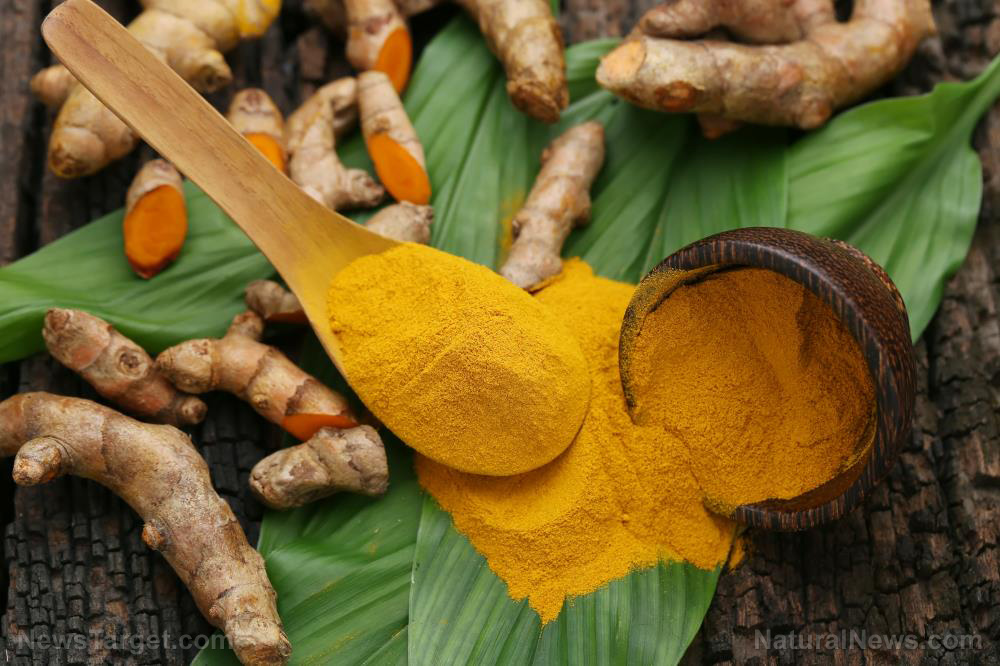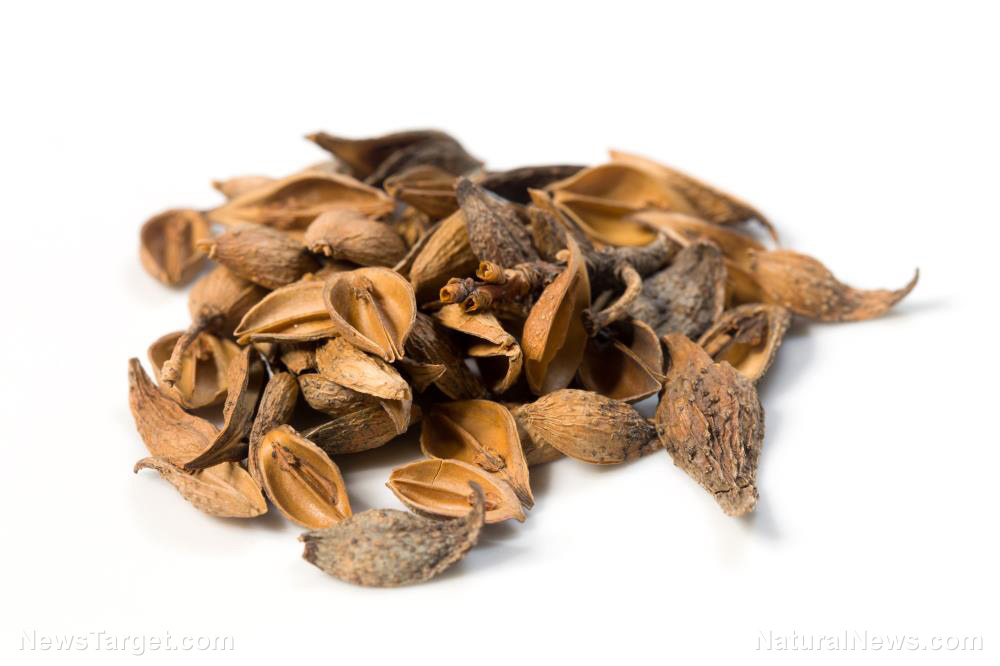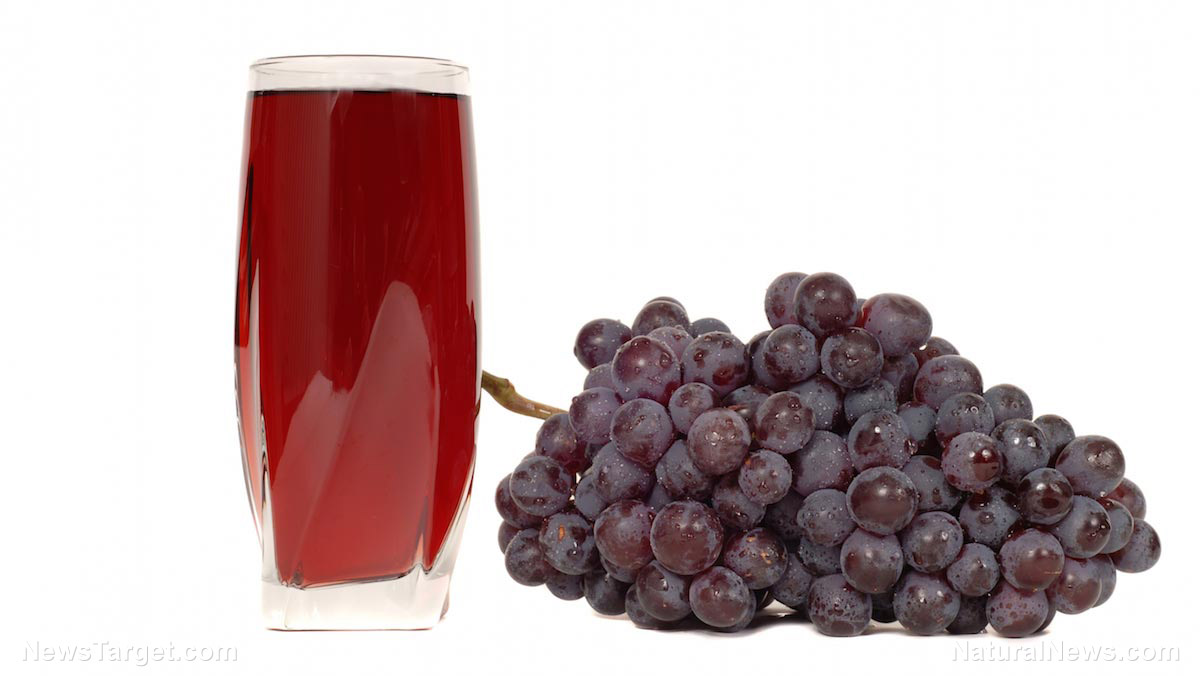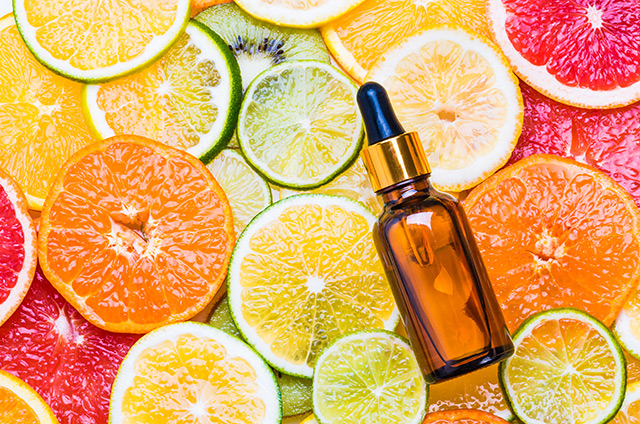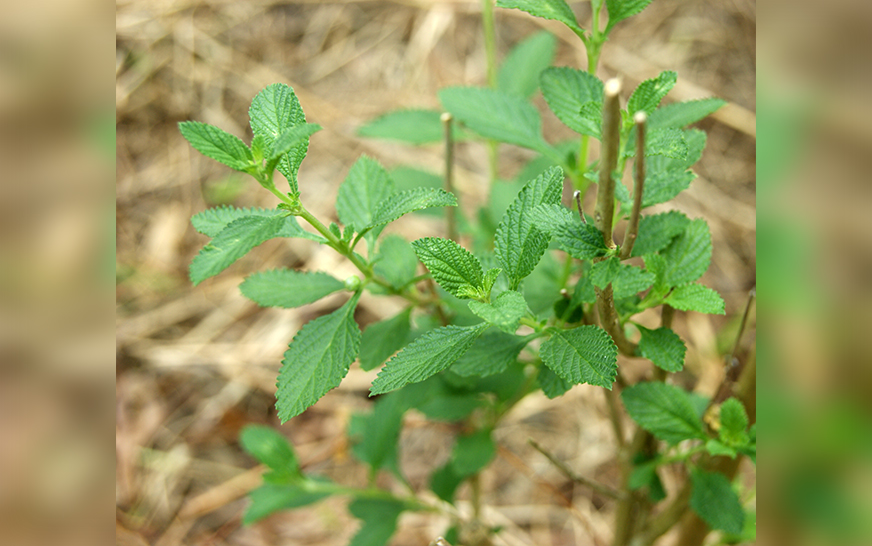Discover the benefits of biotin, a little known B-vitamin that can give you that natural, healthy look
03/14/2019 / By Zoey Sky

If your hair is dry and brittle or if your skin is red and itchy, you may have a biotin deficiency. But what is the B-vitamin called biotin and why is it good for your hair and skin?
Biotin is also called vitamin B7. As a water-soluble B-vitamin, biotin doesn’t get stored in fat tissues. Additionally, water-soluble vitamins are quickly depleted, which is why they should be regularly supplied through dietary sources.
The average recommended daily intake for biotin is five micrograms (mcg) for infants and small children, 30 mcg for adults, and 35 mcg for pregnant and breastfeeding women. True deficiency is rare, but a person who has a low daily intake of the vitamin may experience several symptoms.
Common symptoms of biotin deficiency may include:
- Brittle hair or hair loss
- Cognitive decline or impairment
- Digestive problems
- Dry, itchy, or red skin
- Face rash
- Fatigue
- Mood changes
- Pink-eye
- Seizures
The main health benefits of biotin
Here are five reasons to add more biotin-rich foods to your diet.
It boosts thyroid health.
Thyroid disease may cause different symptoms that can affect your health, such as body aches, fatigue, and hair loss. Thankfully, biotin helps boost your hemoglobin levels, which is good for your blood.
Since the thyroid needs iron to make hormones, if your body can’t transport nutrients properly, or if you’re deficient in essential nutrients like iron, your thyroid hormones will be too low.
It can be used in the management of Type 2 diabetes.
People with Type 2 diabetes are unable to respond to insulin as well as others who don’t have the condition.
Experts believe that individuals with Type 2 diabetes have lower biotin levels initially, which could be linked to metabolic dysfunction. Biotin alone can’t improve glucose (blood sugar) levels, but data suggest that when the B-vitamin is paired with another supplement like chromium, the combination can help reduce blood glucose levels.
It promotes better digestion and nutrient absorption.
Biotin belongs to a group of enzymes that allows the digestive system to function. The vitamin also helps the body produce glucose and digestible fat from the foods that you consume.
If you are biotin-deficient, your body can’t properly break down carbs, fats, and proteins during digestion. This may result in a chain reaction that causes other nutrient problems since the body is unable to use the vitamins and minerals from the foods you eat.
Biotin helps pull glucose from non-carb foods, such as meats and other proteins, via a process called gluconeogenesis. This lets your body make the most out of the food that you consume while also providing a steady stream of blood sugar to keep the body in balance.
It promotes healthy hair, nails, and skin.
The condition of your hair, nails, and skin can reflect your body’s internal health. Dry hair, brittle nails, and dull skin can be addressed by increasing your biotin intake. Having enough biotin in your diet or taking supplements ensures that your hair stays healthy. (Related: Vitamin B7 (biotin) is essential for hair, skin and nails – and also supports metabolism, gut health, immunity and more.)
It supports the nervous system.
Multiple sclerosis (MS) is one of the major diseases that affect the nervous system. While the cause of MS remains unknown, the immune system of a person with the condition will attack the myelin sheath that covers and protects nerve fibers in their brain, spinal cord, and eyes.
You need biotin to produce the myelin sheath. Researchers are currently studying biotin as a potential treatment for progressive MS.
Even if you don’t have the condition, get enough biotin in your diet to boost your neurological health.
Biotin supplementation and food sources
Before you take biotin supplements, consult a healthcare professional, especially if you regularly get lab tests to monitor chronic conditions such as thyroid disease. Taking too much biotin may result in falsely elevated thyroid test results. A healthcare professional can also help you determine which vitamins in the total B-complex family will work best with biotin.
While the human microbiome produces a small amount of biotin on its own, it’s not enough to supply the body with its optimal amount.
Below are the top Paleo sources of biotin:
- Cauliflower
- Egg yolks
- Leafy green vegetables
- Mushrooms
- Nuts and nut butters
- Offal (e.g., kidney and liver)
- Yeast
Other food sources of biotin include avocado, dairy, salmon, and sweet potato.
Keep your biotin levels high by following a nutritious diet, which in turn keeps your hair, nails, and skin healthy and boosts your overall well-being.
Sources include:
Tagged Under: b vitamins, biotin, digestion, hair and skin, hair care, herbal remedies, natural cures, natural healing, natural remedies, nervous system, nutrient absorption, prevention, skin health, supplements, thyroid health, Type 2 Diabetes, Vitamin B7, women's health
RECENT NEWS & ARTICLES
COPYRIGHT © 2017 ALTERNATIVE MEDICINE NEWS







